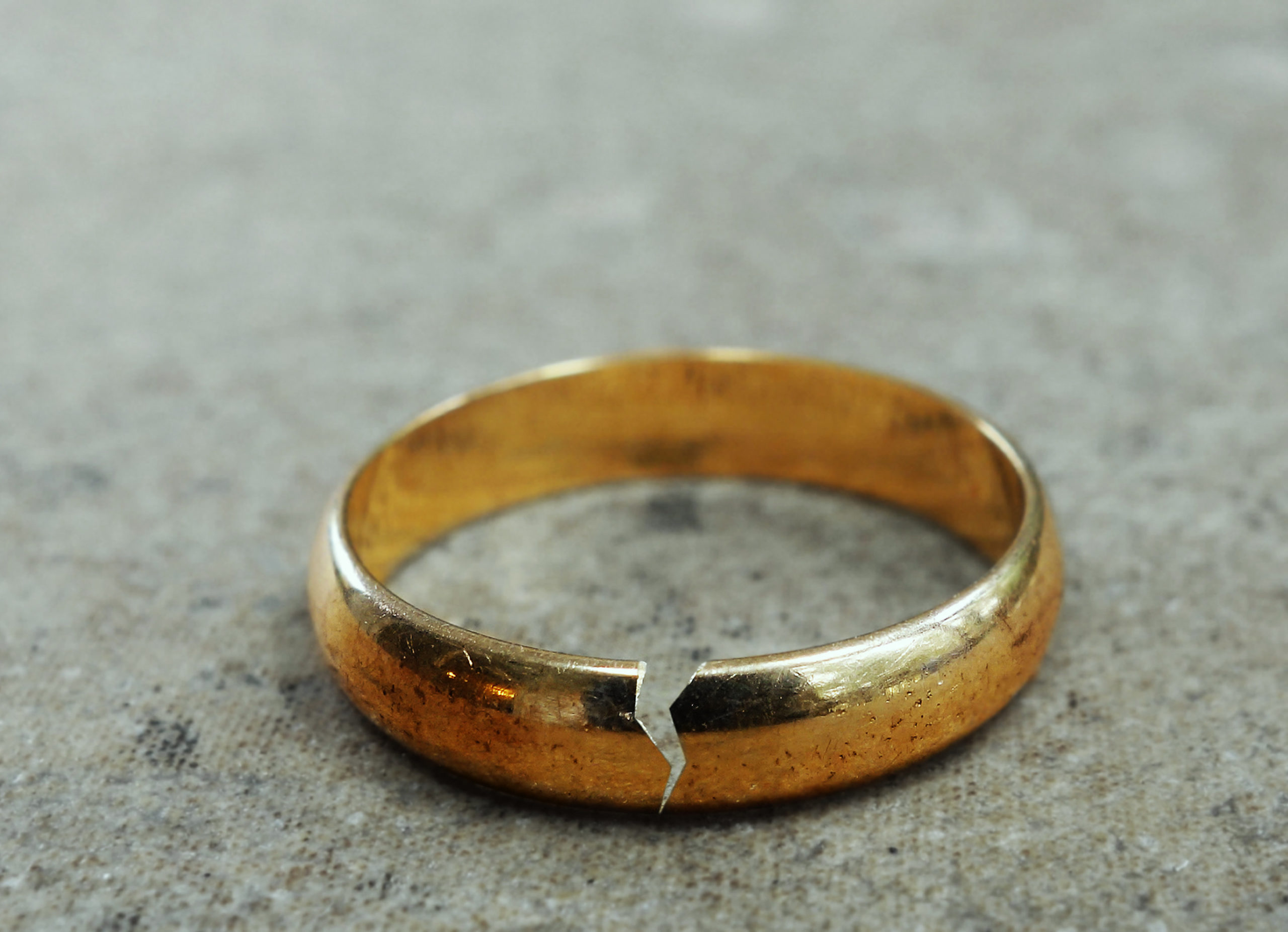Blog October 12, 2022
A Moral Double Standard on Marital Infidelity

Women have long been subject to a double standard when it comes to sex and sexuality. Research has shown that women who have multiple sexual partners are judged more critically than men who engage in the same type of activity.
A new survey by the Survey Center on American Life provides a new way of assessing using a novel experiment that asked respondents to rate the morality of two sexual behaviors: marital infidelity and premarital sex. Half of the sample were asked to judge the morality of these behaviors when a man engaged and an identical number of respondents when a woman committed these acts.
Overall, there is no difference in how men and women judge the morality or immorality of men and women who have premarital sex. Roughly equal numbers of Americans say it is always or often morally wrong for a young woman (33 percent) or a young man (35 percent) to have sex before getting married. The views of men and women are nearly identical regardless of whether the question is about a young man or a young woman.
However, when it comes to views of marital infidelity men and women have very different responses. Surveys have consistently found that most Americans find marital infidelity morally objectionable. Yet, American attitudes are more complex than they first appear. Public attitudes about the morality of infidelity are conditioned on whether it is committed by a man or a woman. Roughly two-thirds (66 percent) of Americans say that when a man has an affair it is always morally wrong. Fewer Americans (55 percent) say it is always morally wrong when a woman has an extramarital affair.
Both women and men exhibit a double standard in evaluating the morality of extramarital affairs, although this is somewhat larger among women. Seventy percent of women say that a married man who has an affair is always morally wrong, while fewer (56 percent) say the same when married women have relationships outside their marriage. Gender plays a more modest role among men in how they judge the morality of marital infidelity. Fifty-three percent of men say it is always morally wrong for a woman to have an affair, while 61 percent say same for men.
The extent to which women judge the behavior of married women and men varies significantly by race. There is a massive gap in the views of Hispanic men and women. Nearly three-quarters (73 percent) of Hispanic women believe that a man having an affair is always wrong, while slightly more than half (53 percent) of Hispanic men agree. Conversely, black women assess the morality of marital infidelity about equally whether it is committed by a man or woman (65% vs. 63 %)
Differences also emerge by educational attainment. No group of women is more forgiving of marital infidelity than those with post-graduate degrees. Less than half (45 percent) of women who have an advanced degree say it is always wrong when women commit adultery. In contrast, 61 percent of women with no more than a high school education say this is morally wrong regardless of the circumstances.
There is a notable age gap as well. Nearly three-quarters (73 percent) of young women say it is always morally wrong for a man to have an affair, while only about half (51 percent) say the same for a woman. The double standard among older women is not nearly as large. Sixty-nine percent of senior women say it always wrong for a married man to have an affair while six in ten say it is always wrong when a woman does.
These findings do not contradict previous research that has identified a double standard in how American society views women’s sexuality, but they do suggest that our moral judgments are often conditional in ways we might not always predict.







